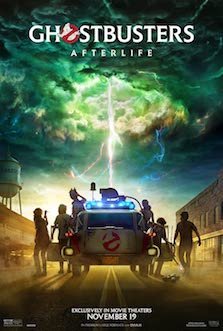Direction: Yngvild Sve Flikke
Country: Norway
Feverishly tangled in a disconcerting, silver-lining irony about parenthood, Ninjababy tells the story of Rakel (Kristine Kujath Thorp), a 23-year-old cartoonist wannabe and partygoer who finds out she’s six months pregnant from a one-night-stand with a junkie known as Dick Jesus (Arthur Berning). Disoriented and unable to get an abortion at this phase, she can only rely on Mos (Nader Khademi), the sweet aikido instructor she also slept with once, to make her feel better. This is when Ninjababy, an animated character that symbolizes her future baby, sneaks in from time to time to tell her he wants Angelina Jolie to be his mom.
And that’s fine, because Rakel, definitely not ready to be a mother, considers giving it for adoption. The film vents what's going on in her head with a mixture of emotionally charged regret and illuminating hope in the future. The dilemma, consternation and awkward situations are to the point, enhanced by the charismatic, plucky presence of Thorp. Her character progressively gains consciousness of the situation as the narrative swells in force, humor and detail.
Working with the animator Inga Sætre, the Norwegian director and co-writer Yngvild Sve Flikke worked delivers an observant, punchy and highly amusing comedy drama whose result is neither dull nor hackneyed.
































